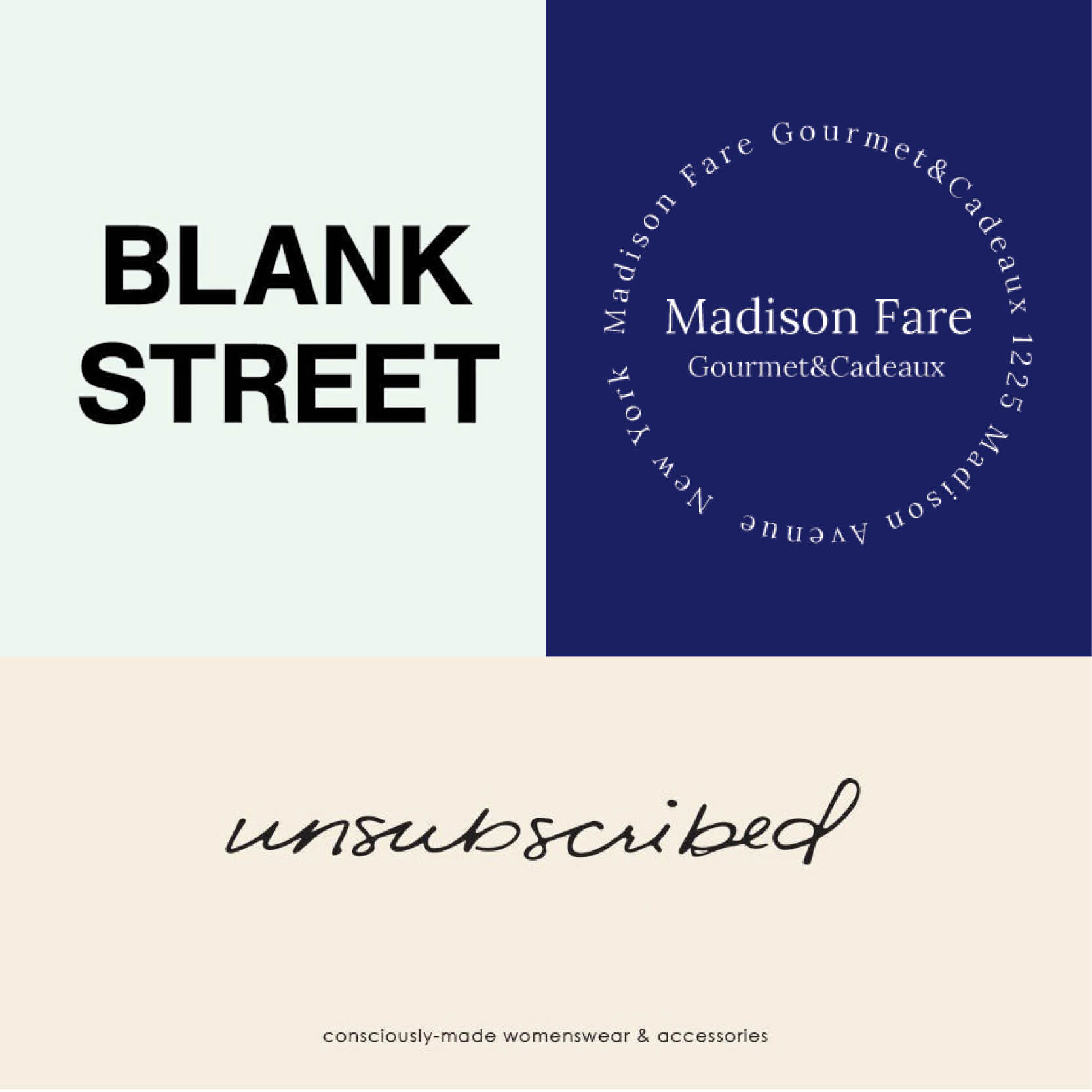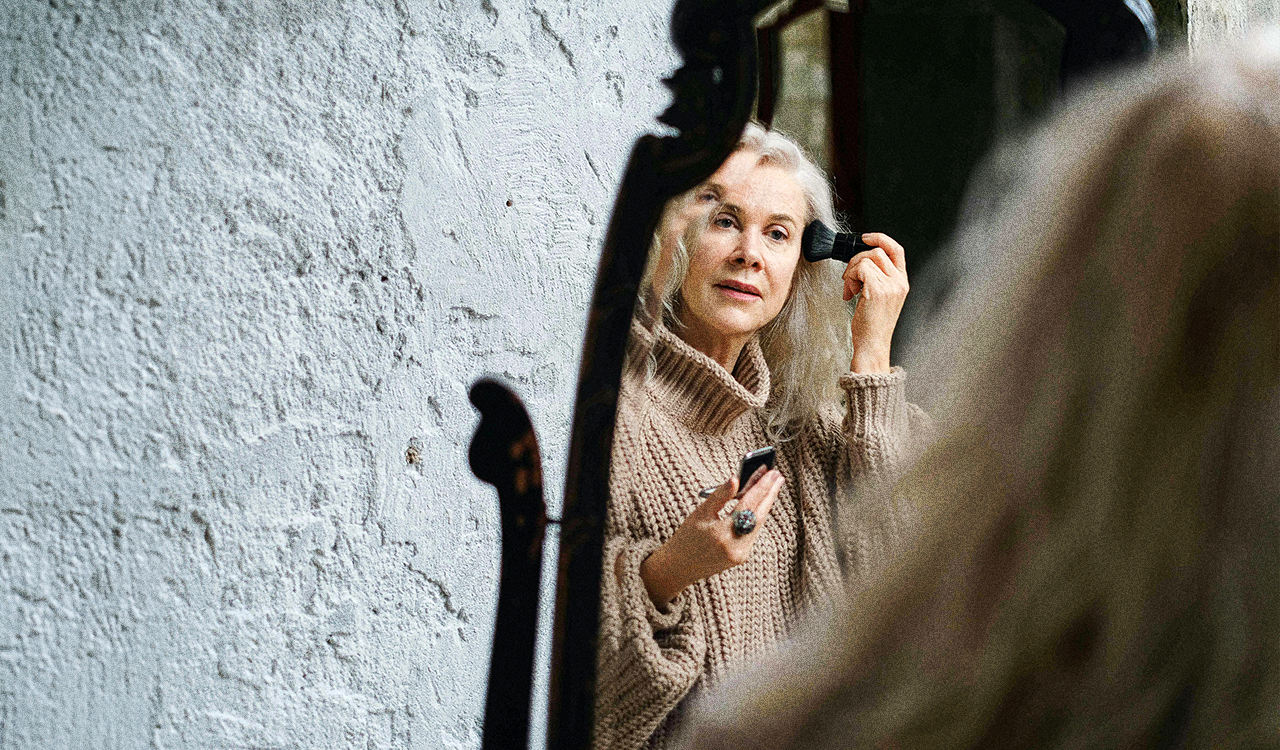One of the most often-referenced terms of the early years of this century is “disintermediation.” It is so frequently used it acquired its own Oxford Dictionary definition: “The reduction in the use of intermediaries between producers and consumers, for example by investing directly in the securities market rather than through a bank.” Since its early days in the financial markets, the term moved through the warp and woof of the economy, creating a kaleidoscopic new fabric.
Intermediaries
Yes Virginia, there really was a world populated with travel agents, insurance agents, answering services, town car services, messenger services, rental apartment agents: Intermediaries aggregating and then culling the universe for the best offers to their customers. Today personal disintermediation has upended entertainment and education, as well. Suddenly, we don’t have to rely on the programming algorithms of major broadcast networks, we can create our own schedules, hopscotching from Netflix to Amazon to Hulu. And don’t forget the University of Phoenix and countless online offerings from major schools, plus master classes from anyone and everyone. The digital cornucopia beckons.
Landlords can plug in the gaps on the street and increase traffic in, around and through the block, becoming a destination, helping create a sustainable oasis in a retail desert, and gaining a stake in the next big thing: small, perfect objects of desire.
Reintermediation
Yes, but. The cornucopia overwhelms. Now, reintermediation. Stage two of the economic transformation is made possible by the digitization of reality. We still crave an intermediary – a trusted buffer zone – between us and our purchases, although we no longer have to rely on spiffed travel agents, medallion taxis refusing certain fares, clueless tech guys in big box retail, smooth talking car dealers, bored saleswomen in the designer sportswear section, perfume spritzing ladies or the teen boys giggling as they point the way to sports bras in the athletic shop.
What is clear is that we have opted for new gatekeepers to point the way. Enter Orbitz and its clones. Enter Uber. Enter Airbnb. Enter Amazon Prime. There’s Stitch Fix, Trunk Club (Nordstrom), Birch Box and others delivering curated fashion and beauty to a front door near you. Hello FreshDirect.com and AmazonFresh.
Living in the Past
Yet, some areas of commerce lag the reintermediation transformation. Physical department stores in malls is one such laggard. Here we carry on as always. People like to shop for clothing, tchotchkes, back-to-school supplies, sheets and towels, trendy earrings, right? As long as they can have a corn dog, massive pretzel, or food court meal to visit while they wander around.
But what’s new? Here in New York City and other densely populated metropolitan areas, fresh fruit and vegetable stalls are on every other block, mobile coffee, and donut carts on every third corner, and food trucks of all nations stationed throughout midtown and at the entrances to most museums. Lovely, high traffic, cash businesses. Is this a sentimental trend to a village marketplace, or a new wave of curbside retail?
Curation and Site Specific
Curation by any other name is intermediation. As we walk around the urban and suburban byways post-Covid and bemoan the loss of American street front retail, we confront block after block of vacancy signs, interspersed with wary retail survivors and a few fledgling shoots, just beginning to sprout. One block on Madison Avenue in New York sports four vacant spots, the next only two. And that’s just on one side of the street. Malls offer a covered, air-conditioned, cascading waterfall version of the same visage. One tiny storefront outpost of a retail chain trying hard to coax customers toward it, the next one a blank set of windows with only the specter of naked mannequins to suggest its prior life.
It is the new shoots which inspire. Imagine a world in which boutiques spring up, site specific, knowledgeably curated, and confidently post-post-modern. Here are a few already in the running.
- Blank Coffee, a savvy mark if ever there was one hosted by those whom one does not call baristas.
- Madison Fare, a tiny footprint of international food labels and bespoke confections perfectly poised to be proffered in a gift box for your hosts at next weekend’s getaway or charmingly offered instead of the routine bottle of something at tomorrow night’s dinner party.
- Unsubscribed, an apparel shop extolling the virtues of “slow fashion,” an admittedly difficult proposition for retail, but sufficiently compelling to prompt mothers to visit post-school drop-offs on a Wednesday morning, And not just on Madison Avenue, but in other bastions of episodically conscious consumption, such as East Hampton, Westport, Greenwich, and Palm Beach.
Reclaiming the Cityscape
Some of these new enterprises are quite content to do one thing well, and bloom where they’ve planted themselves. They seek to be the knowledgeable intermediaries to advise us not on everything, but only one thing. One thing they really care about. “I want to share what I’ve found and loved in my travels,” the founder, proprietor and only salesperson of Madison Fare says from behind the counter. “I sell what I love to people willing to learn to love it too.” What a thought. The best jam. The most remarkable pasta. The handmade chocolate bars molded to jigsaw puzzle pieces in creative packaging. Coming soon, refrigerated dinners to take home. It’s fresh and charming. Not dissimilar to the role Zona played on Greene Street in SoHo with personally curated home goods back in the 80s.
Perhaps fewer doors can also mean greater meaning and margin. Perhaps we will see the emergence of a retail paradigm to specialize in tiny extravagances. All of which causes the casual stroller to wonder at the short-sightedness of today’s retail landlords. All those empty spaces could become an urban arcade of curated possibilities. Then these landlords could provide business coaching, bookkeeping and financial acumen to these passionate, but perhaps less retail savvy tenants. Maybe change the model by offering reduced rents for a percentage.
In short, plug in the gaps on the street and increase traffic in, around and through the block, becoming a destination, helping create a sustainable oasis in the retail desert, and gaining a stake in the next big thing: Small, perfect objects of desire. Or, as one proprietor explained: “I’m not interested in making a killing. I want to make a difference.”




